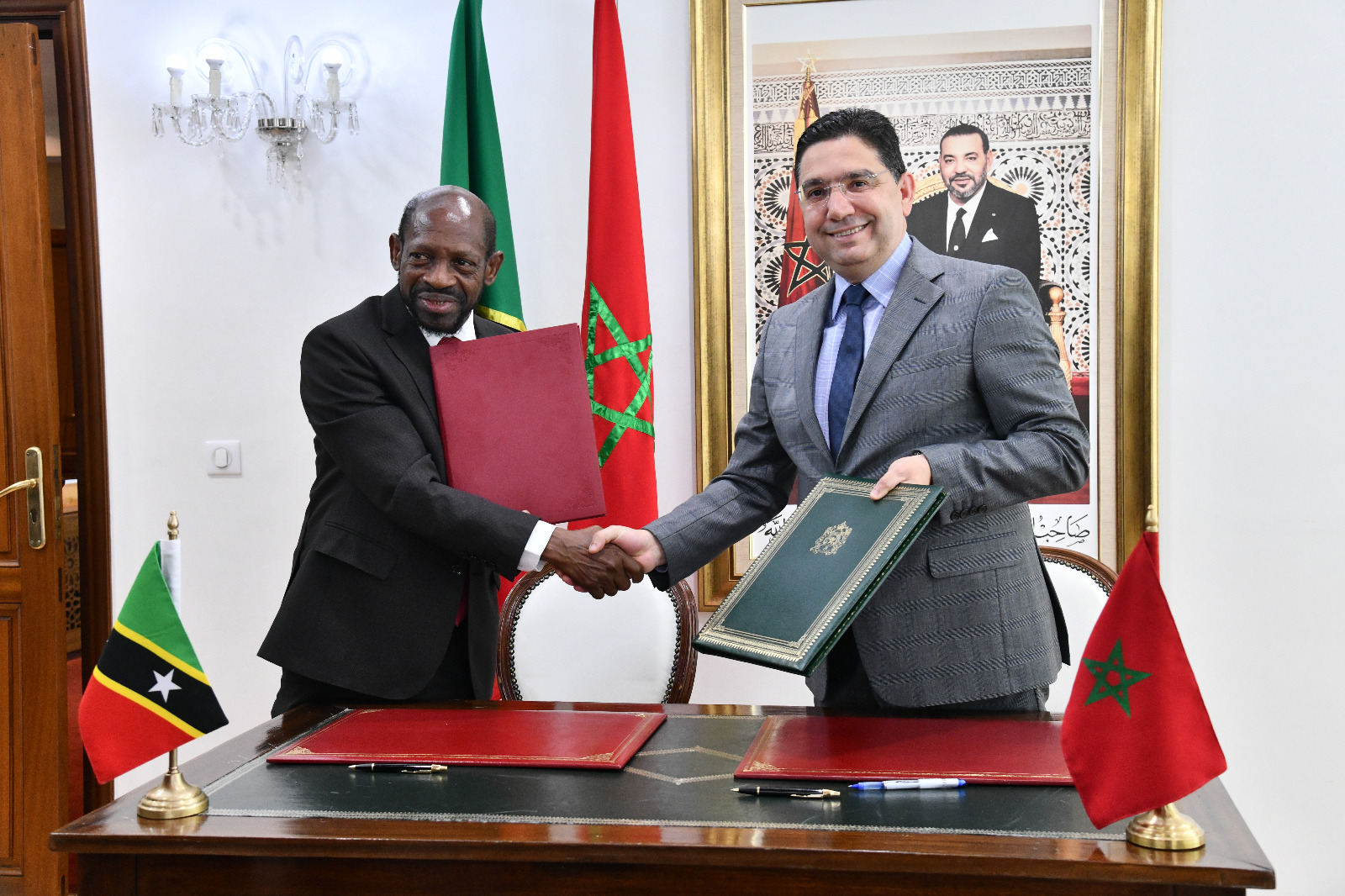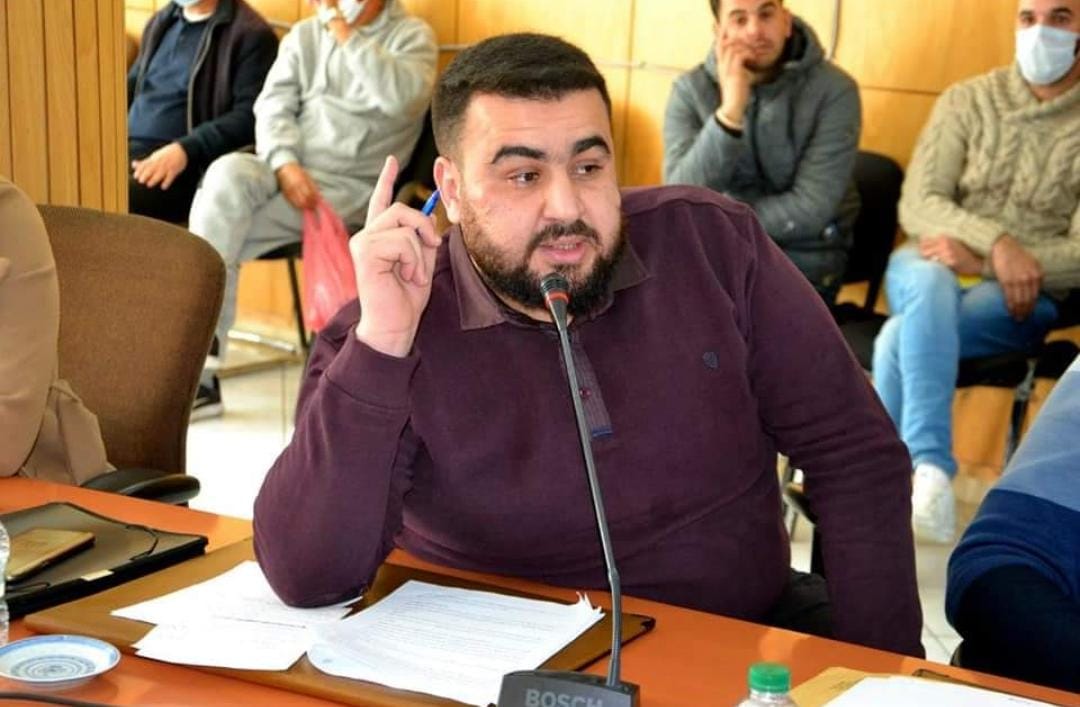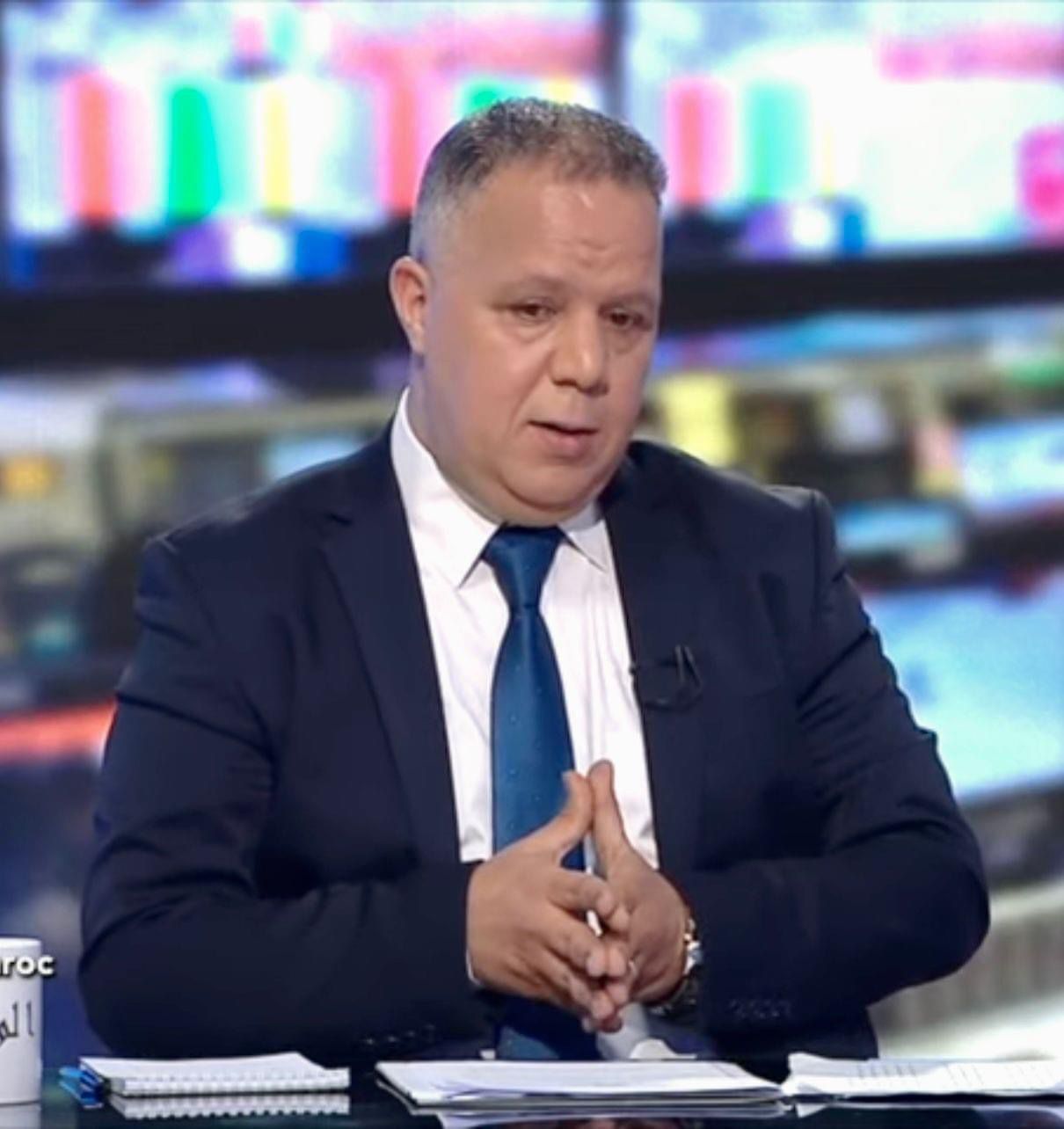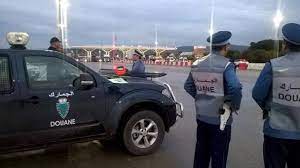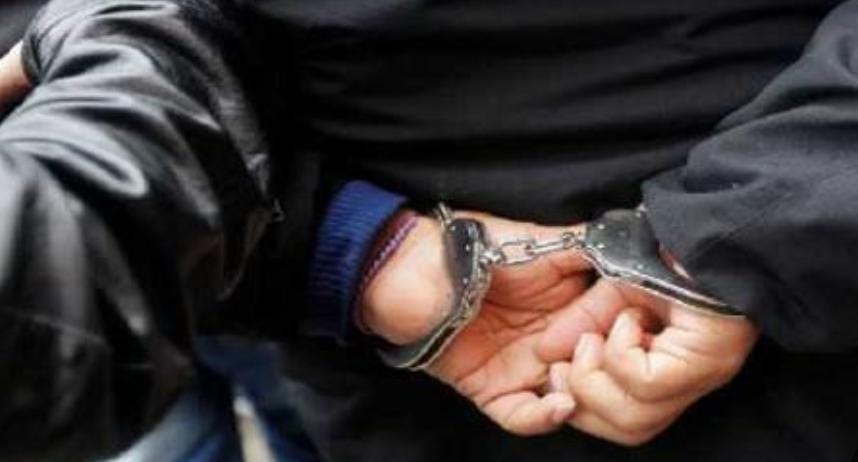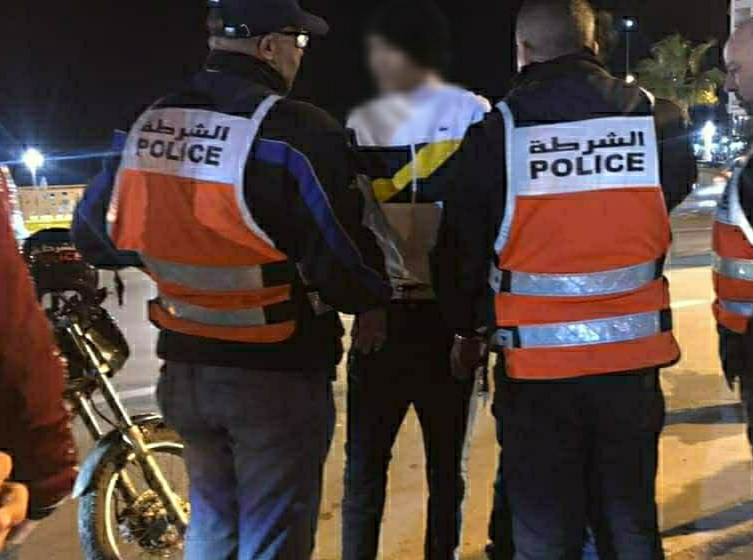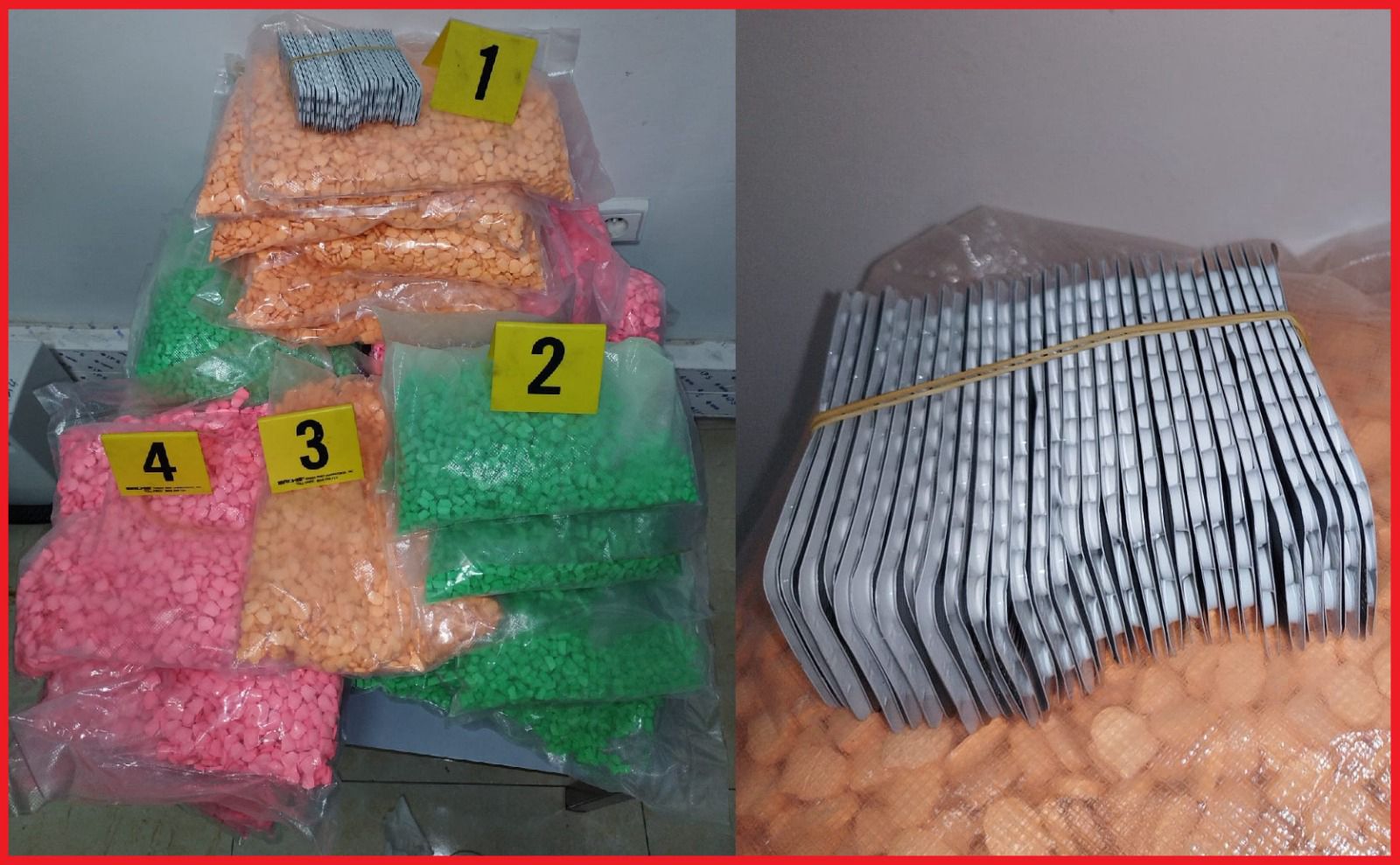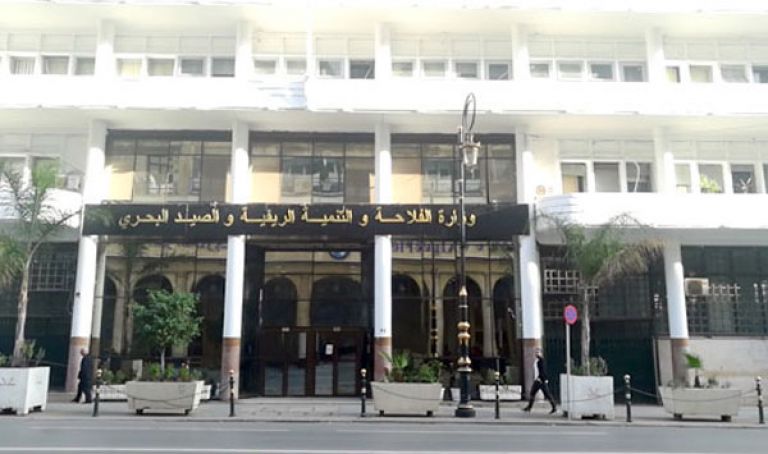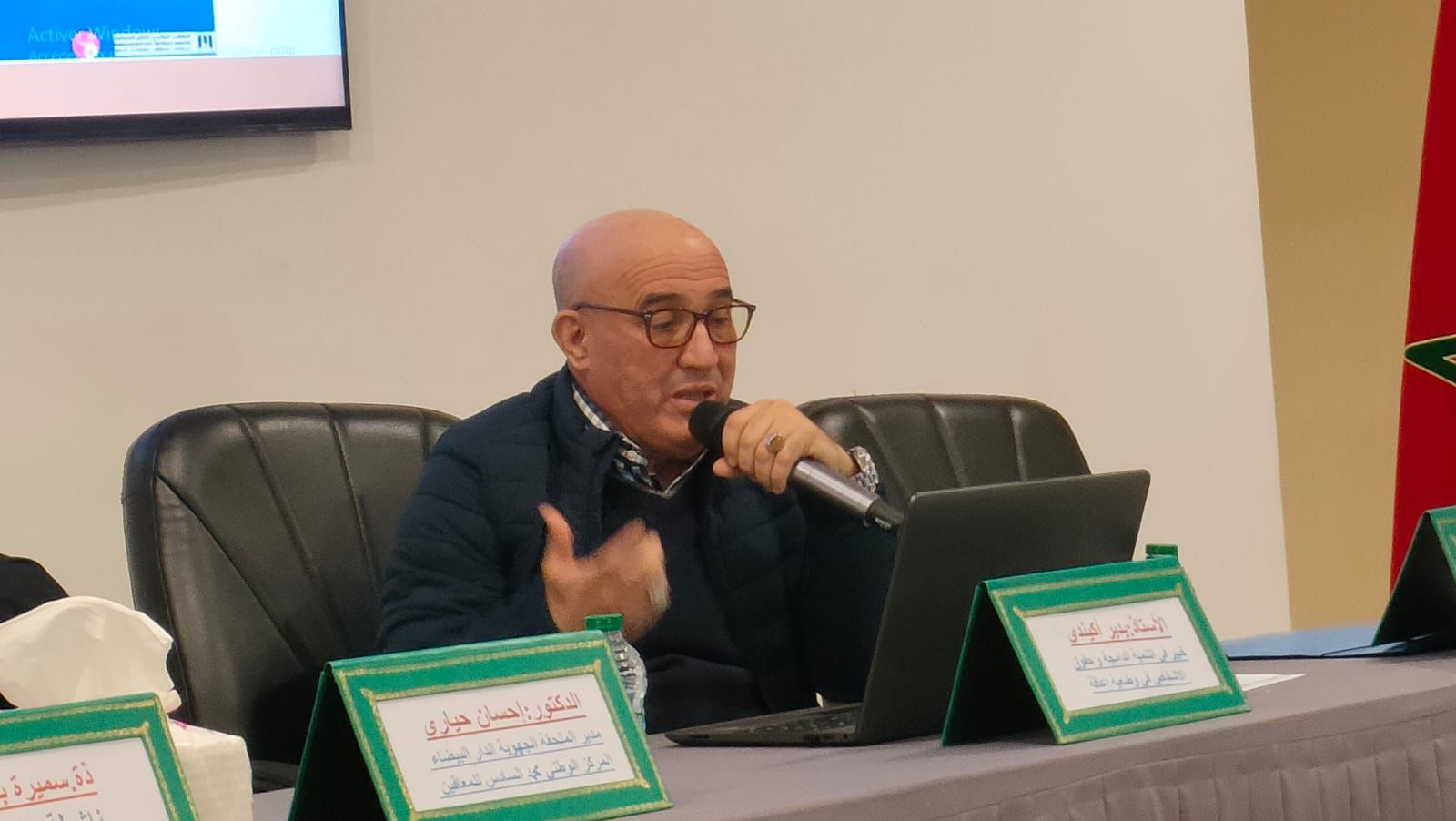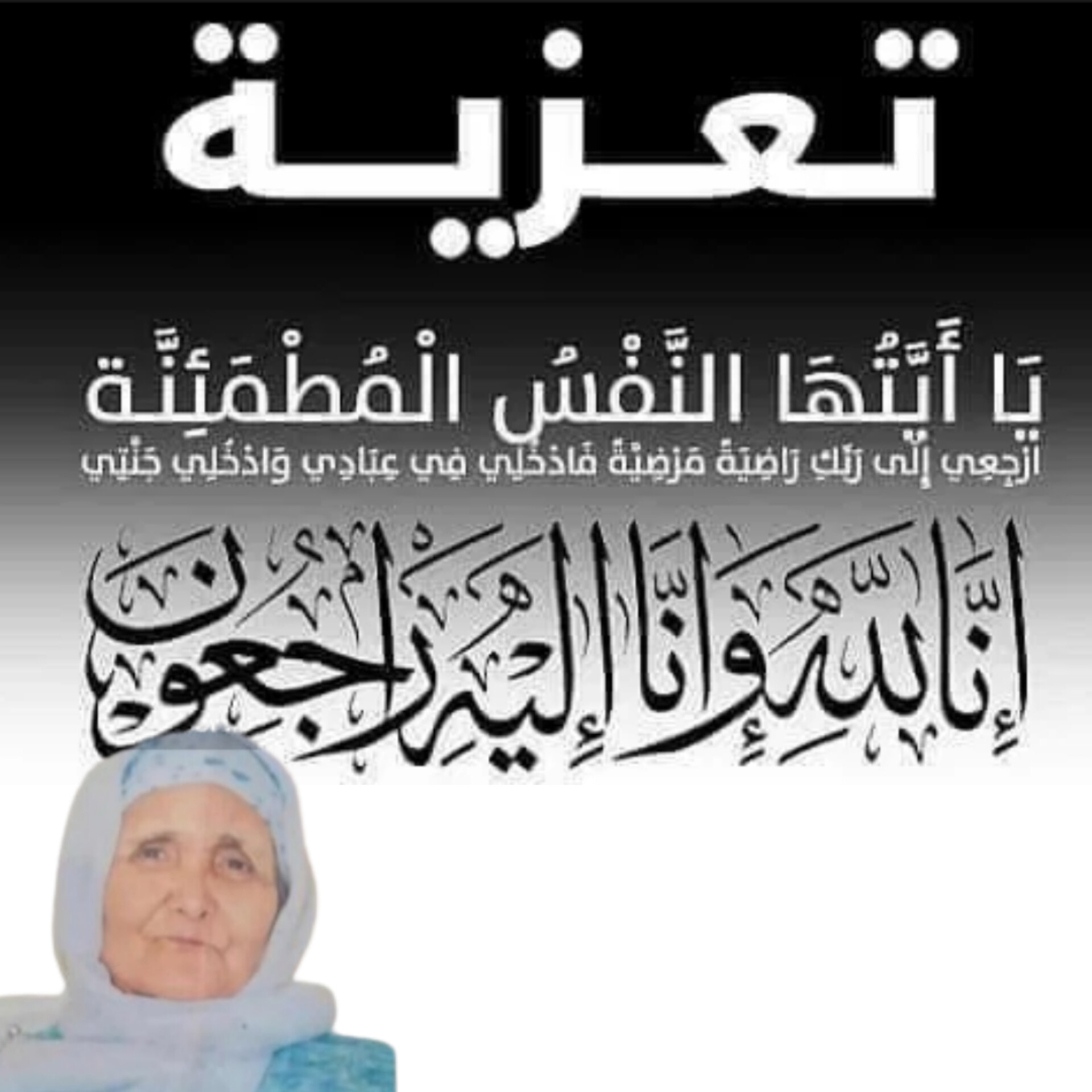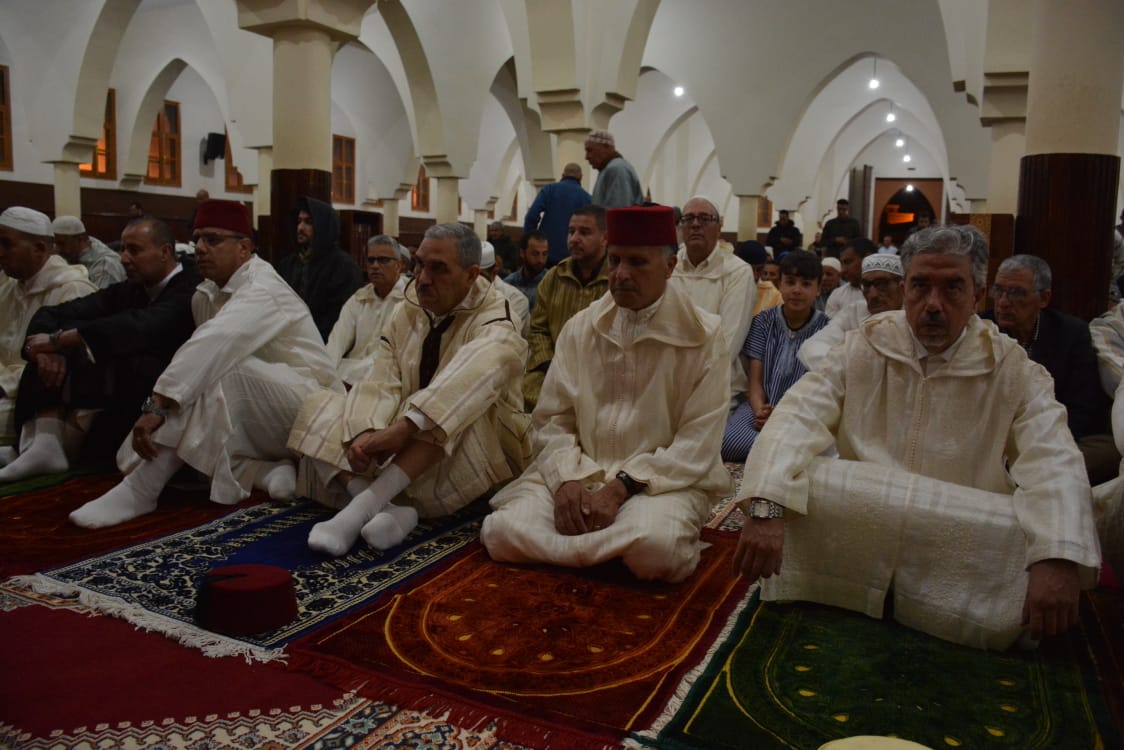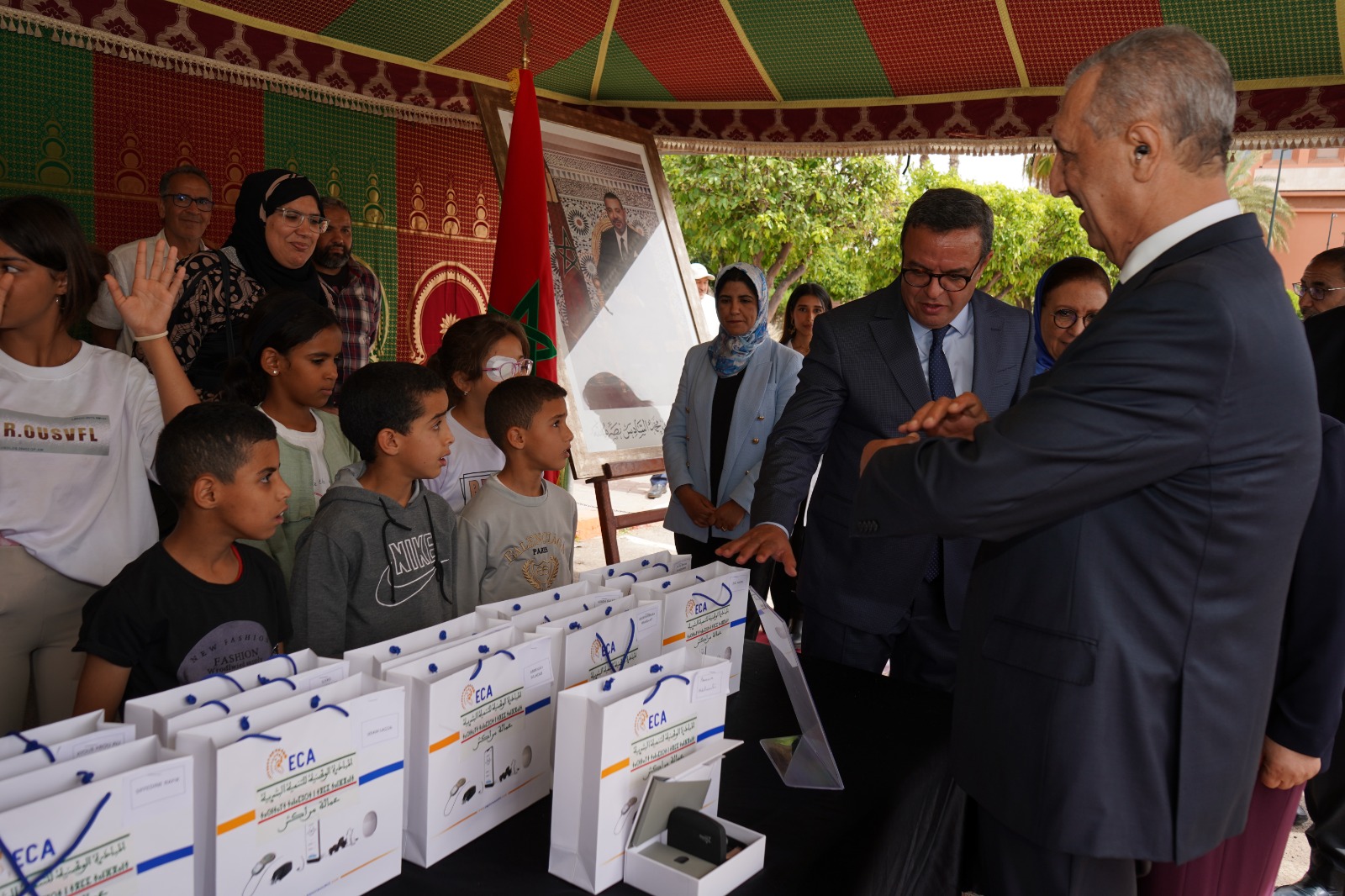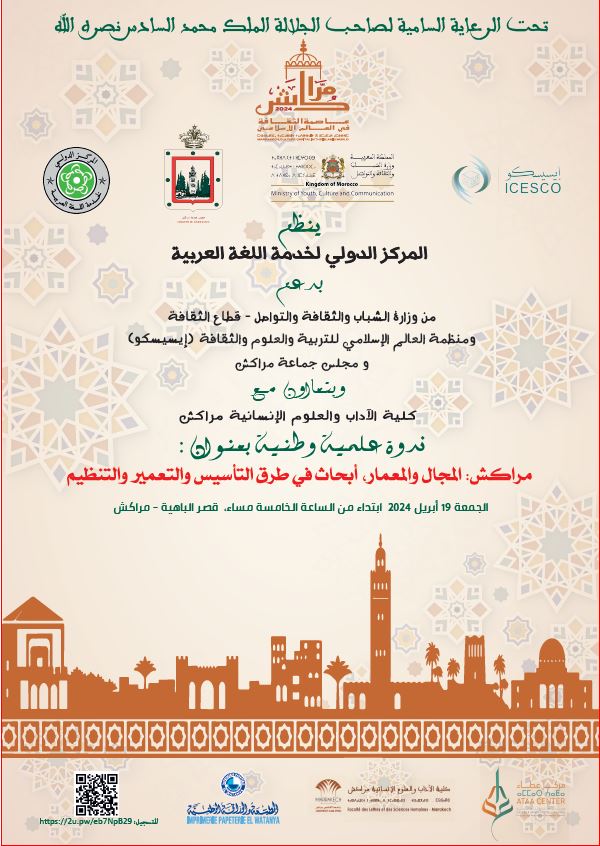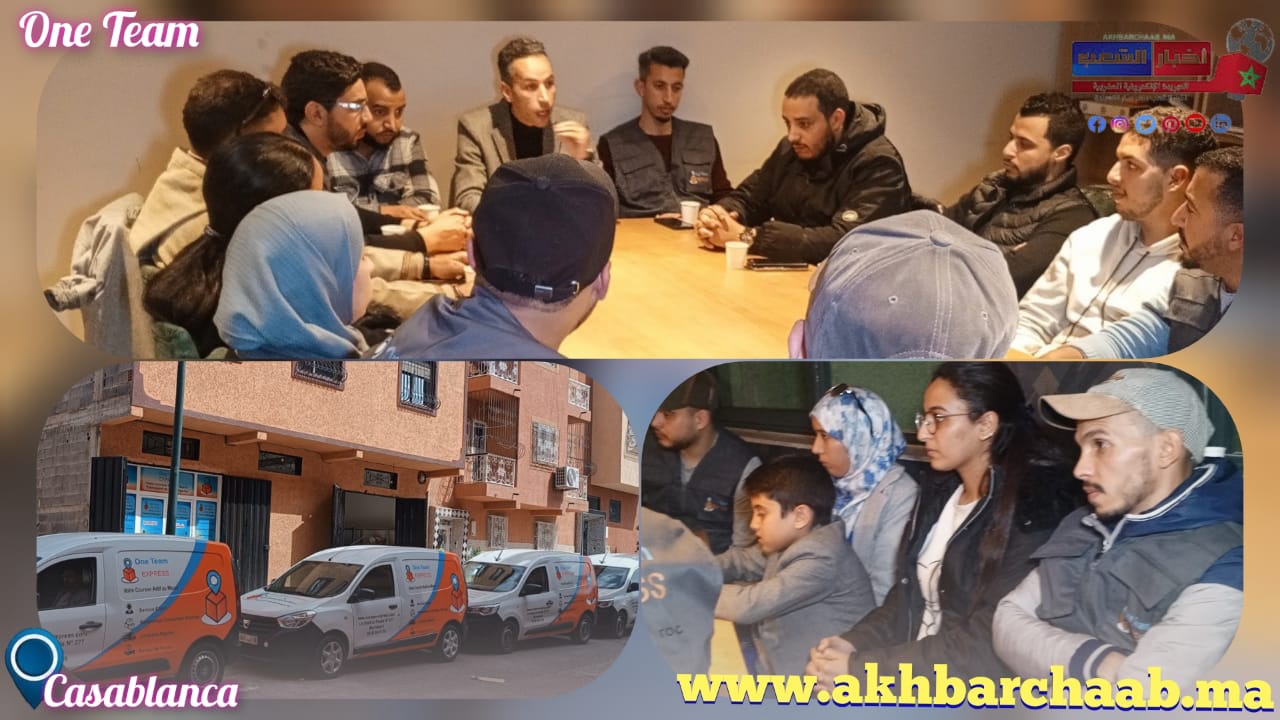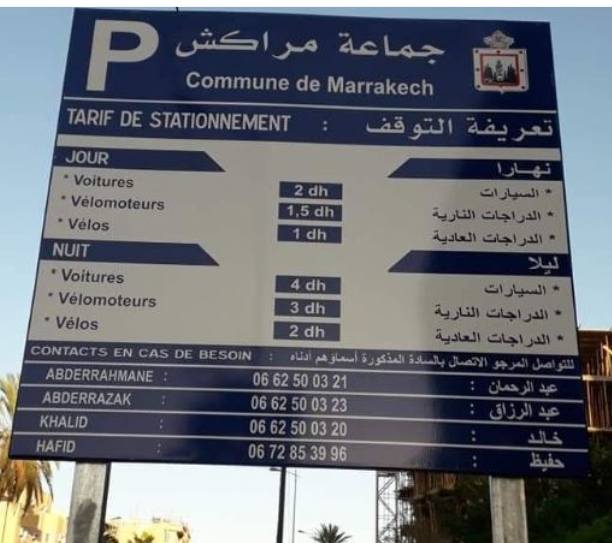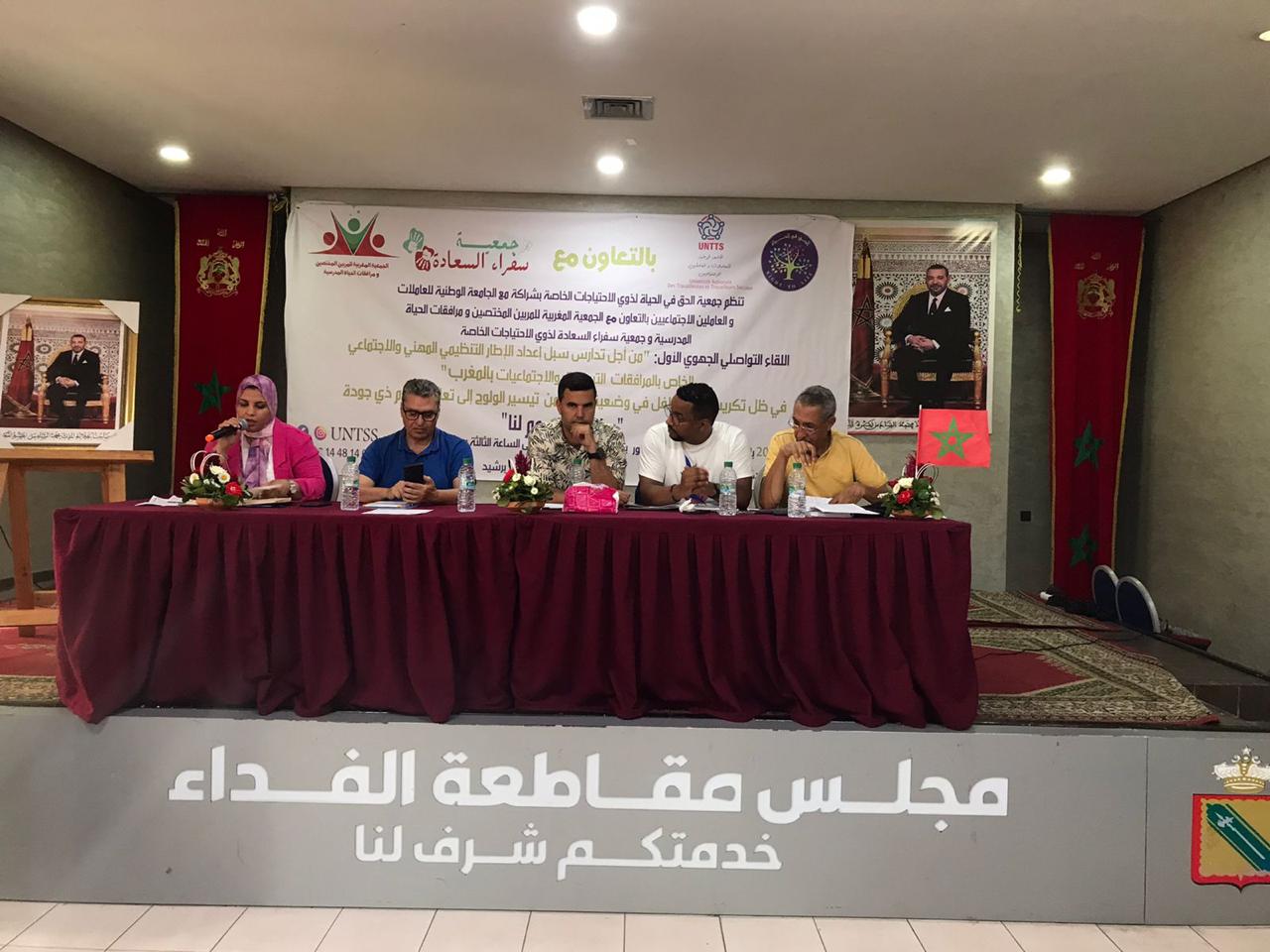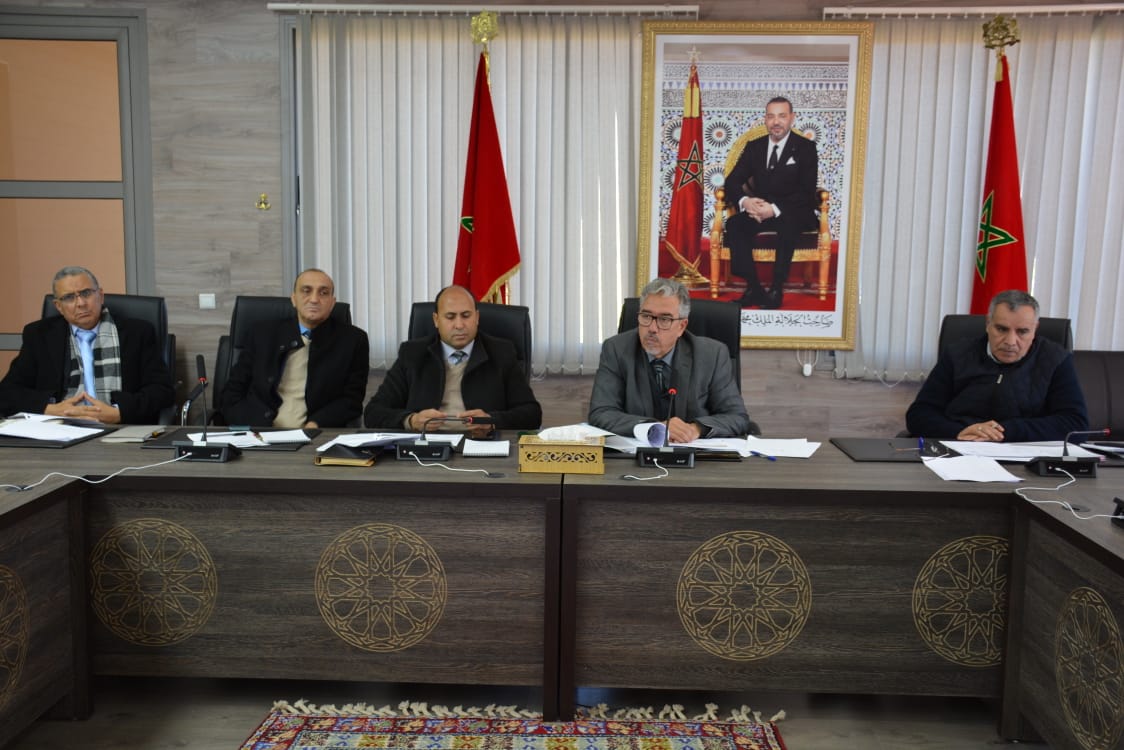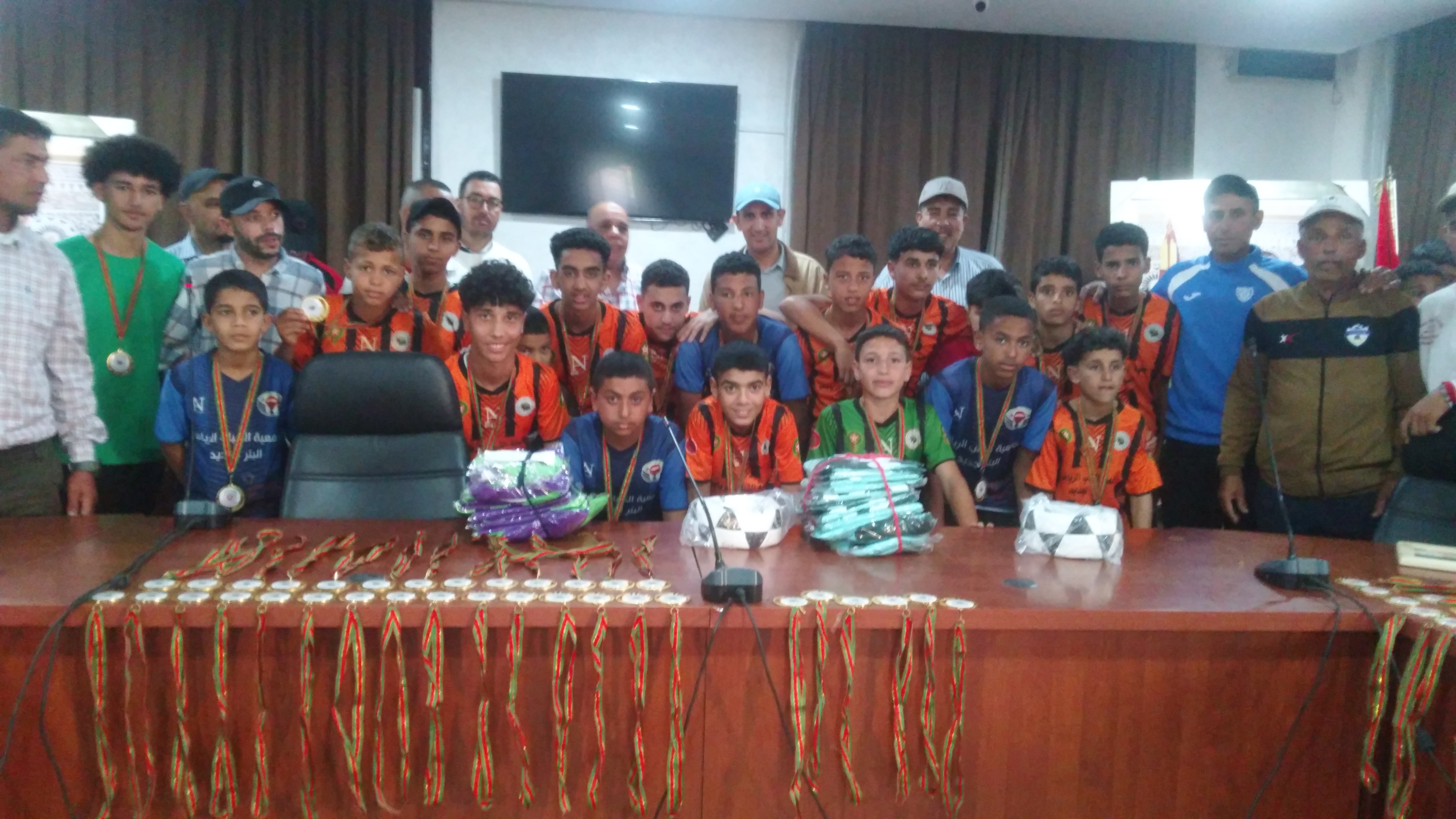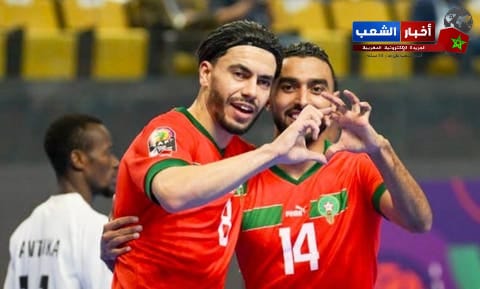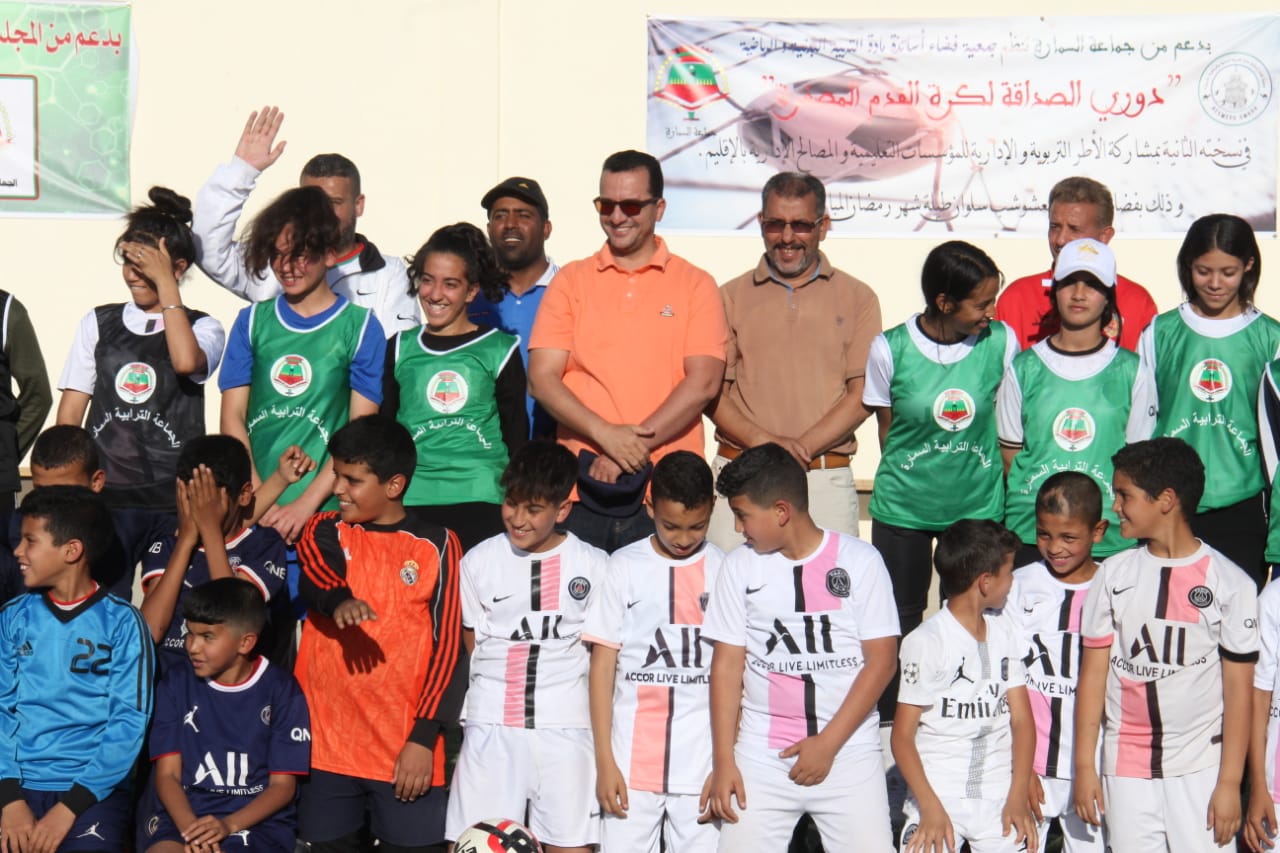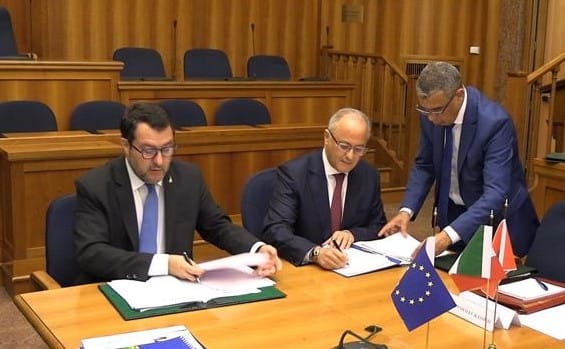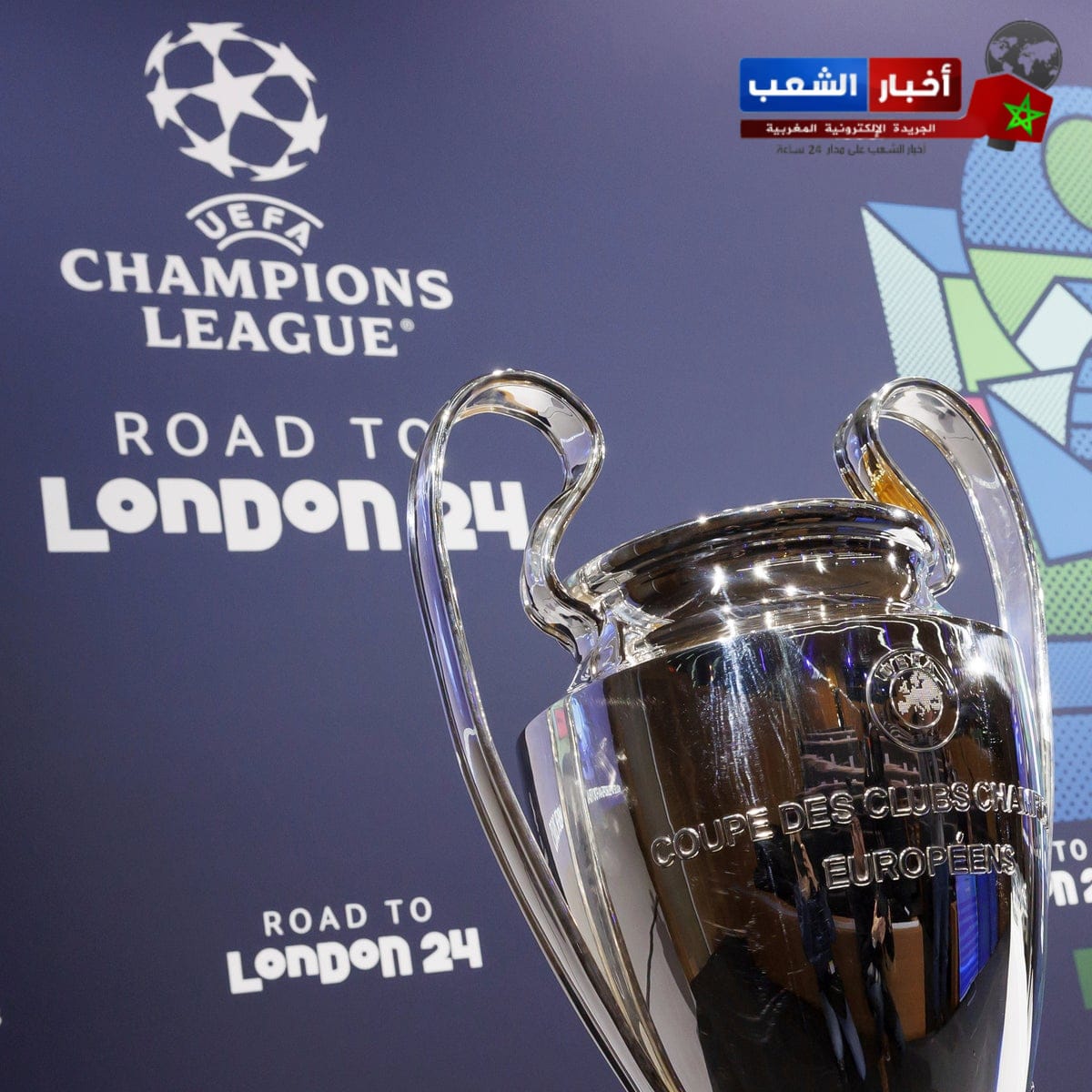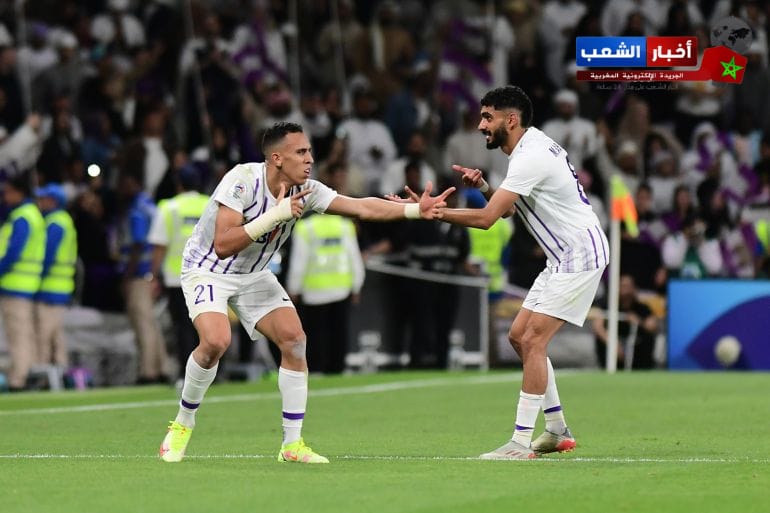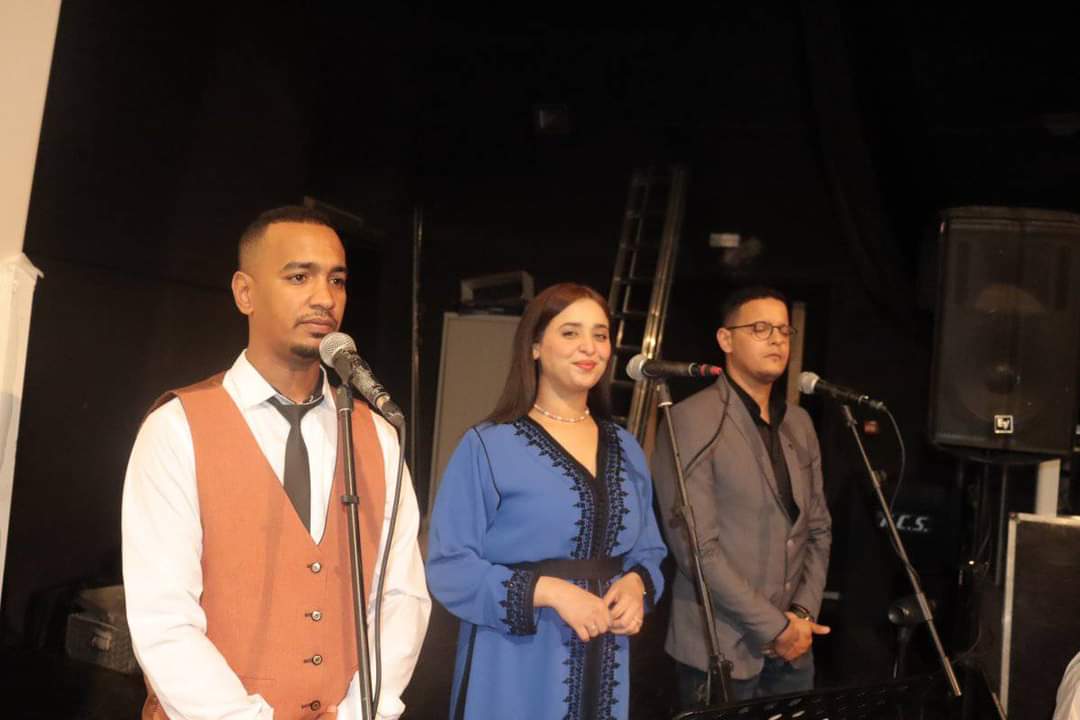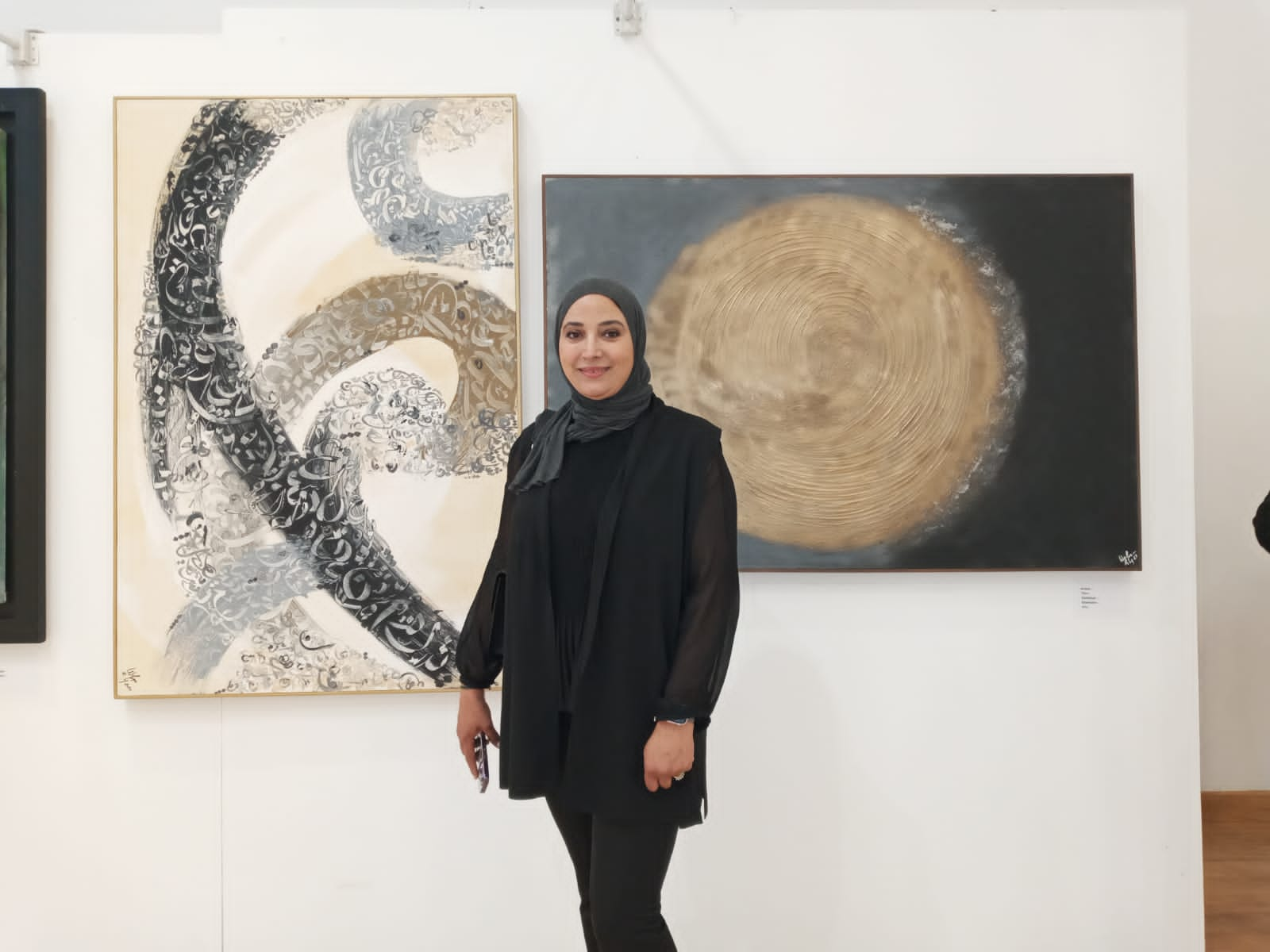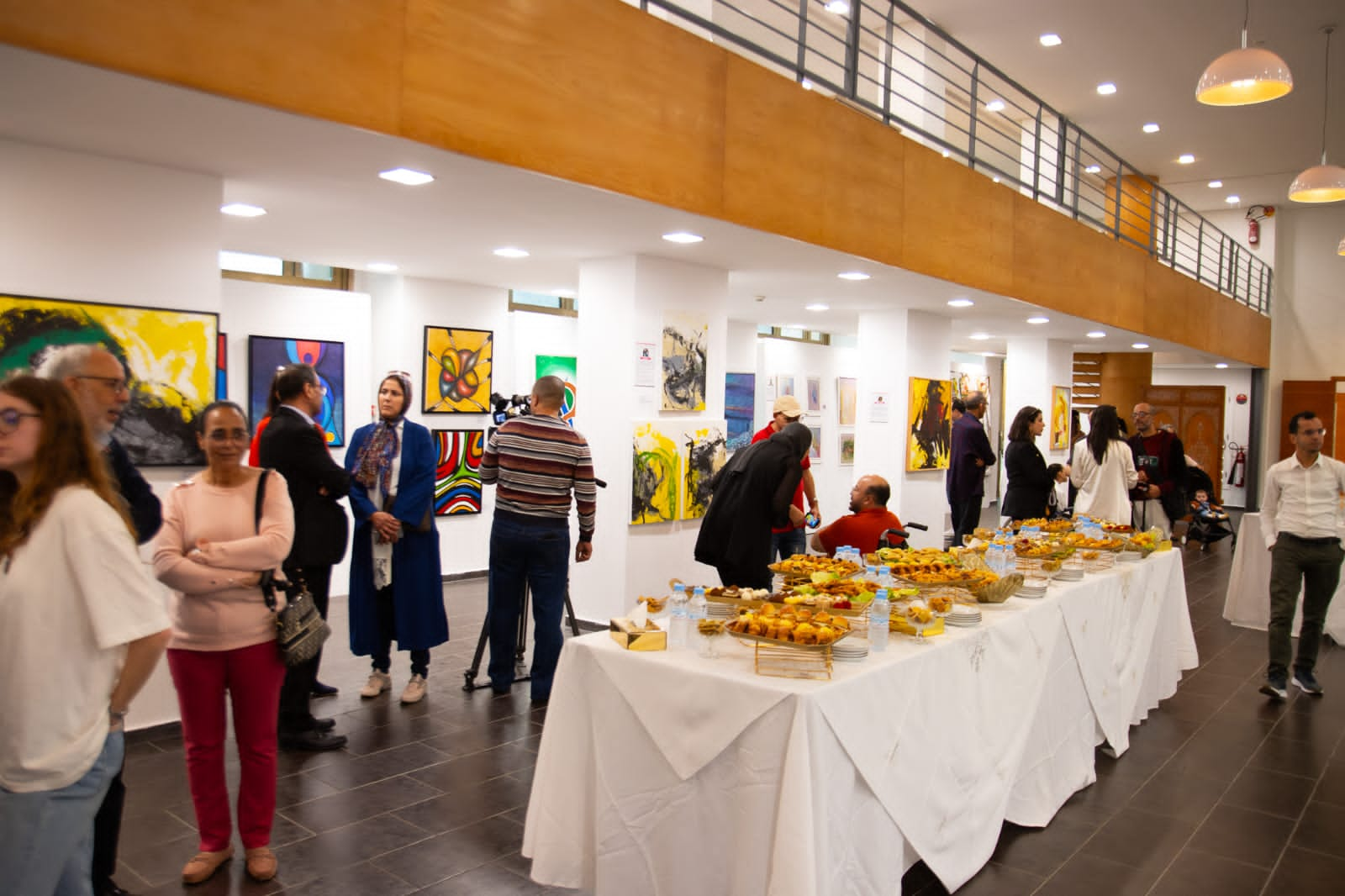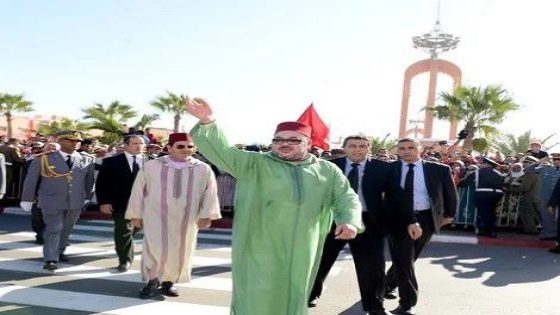اخبار الشعب/متابعة حنان كيسر
الرباط/ 18 يونيو 2020/ ومع/ جدد كل من وزير الشؤون البلدية الأردني السابق، النائب الحالي والأمين العام لحزب الرسالة، السيد حازم قشوع، والمحامي الأردني والمحكم الدولي، الأستاذ عمر الجازي، خلال مشاركتهما في برنامج “نقاش الصحراء”، التأكيد على دعم بلادهما الواضح والمستمر للوحدة الترابية للمغرب ولمغربية صحرائه، مشيدين بمبادرة الحكم الذاتي المغربية باعتبارها الحل الوحيد لهذا النزاع الإقليمي.
وتحدث السيد حازم قشوع في مداخلته عن اجتماعاته وزياراته العديدة إلى المغرب، حيث عاين أن جميع الخبراء والكتاب والسياسيين الذين التقى بهم منخرطون جميعا في المعركة نفسها، وهي معركة الحفاظ على الوحدة الترابية للمغرب، باعتبارها ركيزة أساسية من ركائز الدستور، ناضل من أجلها المغاربة لنقل رسالة السلم الإقليمي لصالح المغرب والعالم بأسره.
وذكر النائب الأردني أنه منذ سنة 1963، بذل المغرب قصارى جهده لاسترجاع صحرائه التي احتلتها إسبانيا، مؤكدا على أنه بفضل اتفاقية مدريد التي أحيط بها الأمين العام للأمم المتحدة والجمعية العامة للأمم المتحدة علما، استكمل المغرب وحدته الترابية باسترجاعه صحراءه من الإسبانيين سنة 1975.
وقال الأمين العام لحزب الرسالة الأردني إن المغرب أعطى، منذ ذلك التاريخ، مثالا للوحدة الوطنية في سعيه للحفاظ على وحدته الترابية، مؤكدا أن مبادرة الحكم الذاتي التي قدمها المغرب للأمم المتحدة سنة 2007 هي مبادرة شجاعة وجريئة تشكل المرجع الأممي الوحيد وأرضية للعمل من أجل التقدم نحو حل سياسي للنزاع الإقليمي حول الصحراء المغربية.
وأشاد المسؤول الأردني السامي، في هذا الصدد، بالمجهودات الجبارة التي بذلها جلالة الملك محمد السادس، بهدف تنمية الأقاليم الجنوبية للمملكة لجعلها نموذجا لباقي جهات المغرب.
وقال الوزير الأردني السابق “إننا نتحدث عن وضع مغربي جهوي شهدناه وعايشناه معا. عندما نزور الصحراء في العيون والداخلة نلاحظ مستوى التنمية، ونعاين أيضا من خلال قراءاتنا ومن خلال مناقشاتنا مع عامة الناس إلى أي مدى يريد كل المغاربة الحفاظ على وحدتهم الترابية”.
وذكر السيد قشوع، من جهة أخرى، بالقرار الأخير لمجلس الأمن الدولي الذي دعا جميع الأطراف للعمل سويا من أجل التوصل إلى حل سياسي لقضية الصحراء المغربية.
وكان القرار الأخير لمجلس الأمن 2494 حدد أطراف مسلسل الموائد المستديرة، وهي المغرب والجزائر وموريتانيا و”البوليساريو”، كما حدد الغاية الوحيدة للمسلسل الأممي التي تكمن في التوصل إلى حل سياسي واقعي عملي دائم وقائم على أساس من التوافق داعيا الجزائر إلى مواصلة انخراطها في هذا المسلسل حتى تتحقق غايته.
واختتم المسؤول الأردني السامي شهادته برسالة رمزية قوية عبر فيها عن دعم بلاده الواضح، كما فعل جلالة الملك الأردني المغفور له الحسين، لأخيه جلالة المغفور له الحسن الثاني، منذ أوائل ستينات القرن الماضي، وكما يفعل جلالة الملك عبد الله الثاني مع شقيقه جلالة الملك محمد السادس، ليقول للجميع “نعم للوحدة الترابية للمغرب! ونعم لوضع حد لهذه الوضعية وفق قرارات الشرعية الدولية !”.
وفي إطار هذا البرنامج أيضا، قدم المحامي ورجل القانون الأردني الدولي، الأستاذ عمر الجازي، شهادة قوية وصادقة، أشار فيها إلى أن المغرب قدم كل ما في وسعه لتسوية النزاع حول الصحراء المغربية من الناحية القانونية ووفقا لمقتضيات القانون الدولي، مضيفا أن محكمة العدل الدولية اعترفت منذ بداية النزاع بالحقوق التاريخية للمغرب على صحرائه.
وكانت محكمة العدل الدولية أكدت يوم 16 أكتوبر 1975، أن الصحراء المغربية لم تكن يوم استعمارها من طرف إسبانيا سنة 1844، “أرضا خلاء”، وأنه كانت هناك روابط بيعة بين سلطان المغرب وقبائل المنطقة.
بالنسبة للأستاذ الجازي، لا يزال هناك عدم دراية كبير جدا بتاريخ الصحراء المغربية. وهو التاريخ الذي يتميز بتنوع كبير وتعددية وطنية ومكونات قبلية مختلفة، والتي تشكل معا النسيج الثقافي والاجتماعي الخاص للمغرب.
وأشار الأستاذ الجازي إلى أن الصحراء شكلت الامتداد الطبيعي لشمال المغرب إلى جنوبه، مع وجود واضح لنظام قبلي فريد وتراث لغوي مشترك، معتبرا أن لا يمكن لأحد أن ينكر التضحيات الهائلة التي قدمها الشعب المغربي البطل لتحرير الصحراء المغربية من الاستعمار الوحشي إلا إذا كان غريبا عن هذا التاريخ وجاهلا به. ومن الواضح أنه لا يوجد أي دليل يجعل شعب الصحراء المغربية مختلفا عن شعب المغرب، علما أنهم يتحدثون اللغة نفسها ويعتنقون الدين نفسه.
وبالنسبة لرجل القانون الأردني، فإن الأهم هو أن ممارسة المغرب لسيادته على ترابه تتوافق مع مقتضيات القانون الدولي، ويكرس حقه الطبيعي في بسط سلطته على هذا الجزء من ترابه الوطني كما يمثل عنصرا أساسيا من حقوقه السيادية في استغلال موارده الطبيعية.
وأكد الأستاذ الجازي أن العلاقات الاقتصادية بين شمال وجنوب المغرب لم تتوقف عن الوجود، ولكن بسبب طول أمد هذا النزاع الإقليمي، شهدت الأقاليم الجنوبية بعض التأخر في نموها الاقتصادي، مشيرا في الوقت ذاته إلى أن وجود قنصليات عامة لعدد من الدول الإفريقية في مدينتي العيون والداخلة هو دليل على حيوية الصحراء المغربية كمركز اقتصادي إقليمي رئيسي.
وخلص إلى أن الدينامية الجديدة التي أطلقها المغرب مكنت من فتح عشر قنصليات عامة لدول إفريقية شقيقة وصديقة في الصحراء، في غضون شهرين، مما يؤكد عدم رجعية مغربية الصحراء، مشيرا إلى أن دولا أخرى من قارات مختلفة عبرت عن نيتها افتتاح تمثيليات دبلوماسية لها في العيون والداخلة في الأشهر المقبلة.
L’exercice par le Maroc de sa souveraineté sur son Sahara est conforme aux dispositions du droit International (Ancien Ministre et avocat jordaniens)
Rabat, 18/06/2020 (MAP)- L’ancien Ministre jordanien des Affaires Municipales, actuel député et Secrétaire général du parti politique Al-Rissala, M. Hazem Qashou et le Me. Omar Aljazy, avocat jordanien et arbitre international, sont intervenus lors de l’émission citoyenne “Sahara Debate” en vue de réitérer l’appui clair et constant de leur pays à l’intégrité territoriale du Maroc et à la marocanité de son Sahara, de même qu’ils ont loué l’Initiative d’autonomie marocaine en tant que seule solution au différend régional.
Au cours de son intervention, M. Qashou a évoqué ses nombreuses réunions et visites au Maroc, où il a pu constater que tous les experts, écrivains et politiciens qu’il a rencontrés, sont tous engagés pour le même combat, celui de la préservation de l’unité et de l’intégrité territoriale du Maroc, en tant que pilier principal de la Constitution, pour lequel les marocains se sont battus, afin de transmettre un message de paix régionale en faveur du Maroc et pour le monde entier.
Le député jordanien a ainsi rappelé que depuis 1963, le Maroc a déployé tous ses efforts pour récupérer son Sahara qui était alors colonisé par l’Espagne, affirmant que c’est à la faveur de l’Accord de Madrid, dont a pris note le Secrétaire général de l’ONU et l’Assemblée générale des Nations Unies, que le Maroc a parachevé son intégrité territoriale en récupérant son Sahara des espagnols en 1975.
A partir de cette date, a-t-il ajouté, le Maroc a fourni un exemple d’unité nationale dans sa quête pour son intégrité territoriale, soulignant que l’Initiative d’autonomie soumise par le Maroc aux Nations Unies en 2007 est une Initiative courageuse et audacieuse qui constitue le seul référentiel onusien et une plateforme d’action pour progresser vers une solution politique au différend régional sur le Sahara marocain.
M. Qashou a loué, dans ce sens, les efforts colossaux déployés par SM le Roi Mohammed VI, destinés à développer les Provinces du Sud pour en faire un modèle pour les autres régions du Maroc.
Pour étayer ses propos, l’ancien Ministre jordanien a affirmé que “nous discutons d’une situation régionale marocaine que nous avons vue et vécue ensemble lorsque nous visitons le Sahara à Laâyoune et à Dakhla, on constate le niveau de développement, et nous voyons aussi à travers nos lectures et à travers nos discussions avec le public à quel point tous les marocains souhaitent la préservation de leur intégrité territoriale”.
Il a en outre rappelé la dernière résolution du Conseil de sécurité des Nations Unies appelant toutes les parties à œuvrer ensemble pour parvenir à une solution politique à la question du Sahara marocain.
La dernière résolution 2494 du Conseil de sécurité avait identifié les parties du processus des Tables rondes à savoir le Maroc, l’Algérie, la Mauritanie et le polisario et avait déterminé l’unique finalité du processus onusien qui est celle de parvenir à une solution politique, réaliste, pragmatique et durable, basée sur le compromis en appelant l’Algérie à rester engagée dans ce processus jusqu’à son aboutissement.
M. Qashou a conclu son témoignage par un message fort de symbolique où il a exprimé le soutien clair de son pays, comme l’a fait feu SM le Roi Hussein à son Frère feu SM Hassan II, Que Dieu L’Ait en Sa Sainte Miséricorde, depuis le début des années soixante, et comme le fait actuellement SM le Roi Abdullah II avec son frère Sa Majesté Le Roi Mohammed VI, pour dire à tous “Oui à l’intégrité territoriale du Maroc ! Et oui pour mettre un terme cette situation conformément aux décisions de la légalité internationale !”.
Dans le cadre de la même émission, l’avocat et juriste international jordanien, Me Omar Aljazy a livré un témoignage fort et empreint de sincérité, dans lequel il a indiqué que le Maroc a fourni tout ce qui était en son pouvoir pour régler le différend sur le Sahara marocain sur le plan juridique et conformément aux dispositions du Droit International, ajoutant que la Cour Internationale de Justice a reconnu, depuis le début du différend, les droits historiques du Maroc sur son Sahara.
La Cour Internationale de Justice avait affirmé, le 16 octobre 1975, que la région du Sahara marocain n’était pas au moment de la colonisation espagnole en 1884 une “terra nullius”, et que des liens d’allégeance existaient entre le Sultan du Maroc et les tribus de la région.
Pour Me Aljazy, il existe encore sur le plan historique, une très grande méconnaissance de l’histoire du Sahara marocain. Une histoire marquée par une grande diversité, un pluralisme national, de composantes tribales diverses, qui forment à eux tous, le tissu culturel et social particulier du Maroc.
Il a en outre indiqué que le Sahara a formé l’extension naturelle du nord du Maroc à son sud, avec l’intervention claire d’une structure tribale unique et d’un patrimoine linguistique commun, et que seul un étranger à cette histoire peut nier les sacrifices énormes que le peuple héroïque marocain a consentis pour libérer le Sahara marocain du colonialisme brutal. Il est évident qu’il n’existe aucune preuve rendant le peuple du Sahara marocain différent de celui du Maroc, étant précisé qu’ils parlent la même langue et pratiquent la même religion, a assuré Me Aljazy.
Mais le plus important pour ce juriste international, c’est que l’exercice, par le Maroc, de sa souveraineté sur son territoire est conforme aux dispositions du droit International qui consacre son droit naturel à étendre son autorité sur cette partie intégrante de son territoire national et représente une composante essentielle de ses droits souverains dans l’exploitation de ses ressources naturelles.
Me Aljazy a de fait affirmé que les liens économiques entre le nord et le sud du Maroc n’ont jamais cessé d’exister, mais en raison de la longévité de ce différend régional, un certain retard avait été accusé dans la renaissance économique des Provinces du Sud et que la présence de Consulats généraux de différents pays africains dans les villes de Laâyoune et Dakhla n’est que la preuve de la vitalité du le Sahara marocain, en tant que hub économique régional important.
La nouvelle dynamique enclenchée par le Maroc a permis l’ouverture de dix Consulats généraux de pays africains frères et amis, en l’espace de deux mois, confirmant l’irréversibilité de la marocanité du Sahara, avec l’intention exprimée par d’autres pays d’autres continents d’ouvrir leurs enceintes diplomatiques à Laâyoune et à Dakhla dans les prochains mois à venir.
The Exercise by Morocco of its Sovereignty over its Sahara Goes within the Provisions of International law (A Former Minister and A Lawyer from Jordan)
Rabat, 18/06/2020 (MAP) – The former Jordanian Minister of Municipal Affairs, current Deputy and Secretary General of the Al-Rissala Political Party, Mr. Hazem Qashou and the Jordanian lawyer and international arbitrator, Dr. Omar Aljazy, have spoken during the “Sahara Debate” citizens broadcast in order to reiterate the clear and the constant support of their country to the territorial integrity of Morocco and to the Moroccanity of its Sahara, and they praised the Moroccan autonomy initiative as being the only solution to the regional dispute.
Mr. Hazem Qashou recalled all of his numerous meetings and visits to Morocco, where he discovered that all the experts, writers and politicians, that he met, were engaged in the same fight, that of preserving the unity and the territorial integrity of Morocco. It represents the main pillar of the Constitution, for which the Moroccans have been fighting, in order to transmit a message of regional peace in favour of Morocco and for the whole world.
The Jordanian MP declared that since 1963, Morocco has deployed all the effort needed to recover its Sahara, which was then colonized by Spain, reaffirming that by Madrid Accords, approved by the United Nations Secretary General and the United Nations General Assembly, Morocco has gained its territorial integrity by recovering its Sahara from the Spanish power in 1975.
The Secretary General of the Jordanian political party indicated that since that time, Morocco has been providing an example of national unity in its quest for its territorial integrity, stressing that the Autonomy Initiative, submitted by Morocco to the United Nations in 2007, is a courageous and daring initiative that constitutes the only UN repository and platform for action to achieve a political solution to the regional dispute over the Moroccan Sahara.
Within that context, the Jordanian high official praised the precious efforts deployed by His Majesty King Mohammed VI intended to develop the Southern Provinces and turn them into a model for the rest of the Moroccan regions.
As supportive remarks, the former Jordanian Minister added, “we are discussing a Moroccan regional situation that we have witnessed and have experienced together whenever we visit the Sahara in Laayoune and Dakhla, through which we were able also to see the level of development. We can see that also through our readings and through our discussions with the public that show to what extent all Moroccans want the preservation of their territorial integrity ”.
Qashou recalled the latest United Nations Security Council resolution calling on all parties to work together to reach a political solution to the question of the Moroccan Sahara.
The last Security Council resolution 2494 identified the parts of the Round Table process, namely Morocco, Algeria, Mauritania and the “polisario”, and identified the sole purpose of the UN process, which is to achieve political, realistic, pragmatic and lasting solution, based on compromise by calling on Algeria to remain engaged in this process until its completion.
The high Jordanian official concluded his testimony by a strong symbolic message, in which he expressed the clear support of his country, as did the Late His Majesty King Hussein to his brother Late His Majesty King Hassan II, May God Bless his Soul, since the early sixties. As well as, now, His Majesty King Abdullah II does with his brother His Majesty King Mohammed VI, to say to everyone “Yes to the territorial integrity of Morocco!”, and, “yes to put an end to this situation in accordance with the decisions of International Law!”
As part of the same program, the Jordanian international Lawyer and Jurist, Dr. Omar Aljazy delivered a strong and a sincere testimony, in which he indicated that Morocco has provided everything in its power to settle the dispute over the Moroccan Sahara in legal terms and in accordance with the provisions of International Law. He added that the International Court of Justice has recognized, since the beginning of the dispute, the historic rights of Morocco over its Sahara.
The International Court of Justice affirmed, on October 16, 1975, that the region of the Moroccan Sahara was not at the time of the Spanish colonization in 1884 a “terra nullius”, and that bonds of allegiance existed between the Sultan of Morocco and the tribes of the region.
For Dr. Aljazy, there exists, on the historical level, a big ignorance of the history of the Moroccan Sahara. This history that is marked by a great diversity, a national pluralism and composed of various tribal components, which together form the particular cultural and social fabric of Morocco.
Dr. Aljazy indicated that the Sahara connects the north and the south of Morocco with a clear intervention of a unique tribal structure and a common linguistic heritage He adds that only a stranger to this history can deny the enormous sacrifices that the heroic Moroccan people made to liberate the Moroccan Sahara from a brutal colonialism. It is obvious that there is no evidence making the people of the Moroccan Sahara different from that of Morocco, as they speak the same language and practice the same religion.
However, what it is of an importance to this international lawyer is the issue of Morocco’s exercise of its sovereignty over its territory that he considers as being in accordance with the provisions of International law. It establishes its natural right to extend its authority over the Sahara, which is an integral part of its national territory and represents an essential component of its sovereign rights in the exploitation of its natural resources.
In fact, Dr. Aljazy affirmed that the economic ties between the north and the south of Morocco have never ceased from existing. It was only due to the long lasting existence of this regional dispute that a certain delay has taken place at the level of the economic revival of the Southern Provinces. He added that the presence of Consulates General of different African countries in the cities of Laayoune and Dakhla represents a proof of the vitality of the Moroccan Sahara, as being an important regional economic hub.
The new dynamic set in motion by Morocco has led to the opening, within two months, of ten Consulates General of a number of brotherly and friendly African countries, confirming the irreversibility of the Moroccanity of the Sahara. Added to that, a set of other countries from other continents have expressed their intention to open and set up their diplomatic offices in Laayoune and Dakhla in the coming months.
El ejercicio por parte de Marruecos de su soberanía sobre su Sahara está de acuerdo con las disposiciones del derecho internacional (ex ministro y abogado jordano)
Rabat, 18/06/2020 (MAP)- El ex ministro jordano de Asuntos Municipales, actual diputado y secretario general del Partido Político Al-Rissala, Hazem Qashou y Omar Aljazy, abogado jordano y árbitro internacional, hablaron durante la transmisión ciudadana « Sahara Debate » , para reiterar el apoyo claro y constante de su país a la integridad territorial de Marruecos, a la marroquinidad de su Sáhara y alabó la iniciativa marroquí de autonomía como la única solución al diferendo regional.
Hazem Qashou habló de sus numerosas reuniones y visitas a Marruecos, donde pudo ver que todos los expertos, escritores y políticos que conoció están todos comprometidos con la misma lucha, la de preservar la unidad y la integridad territorial de Marruecos, como el pilar principal de la Constitución, por el que lucharon los marroquíes, para transmitir un mensaje de paz regional a favor de Marruecos y de todo el mundo.
El diputado jordano recordó que desde 1963, Marruecos ha hecho todo lo posible para recuperar su Sahara, que fue colonizado por España, diciendo que es gracias al Arreglo de Madrid, de lo cual el Secretario General de las Naciones Unidas y la Asamblea General de las Naciones Unidas dijeron que Marruecos había completado su integridad territorial al recuperar su Sahara de los españoles en 1975.
El Secretario General del partido político jordano dijo que, a partir de esa fecha, Marruecos proporcionó un ejemplo de unidad nacional en su búsqueda de su integridad territorial, destacando que la iniciativa de autonomía presentada por Marruecos a las Naciones Unidas en 2007 es una iniciativa valiente y audaz que constituye el único repositorio de la ONU y una plataforma de acción para avanzar hacia una solución política al diferendo regional sobre el Sahara marroquí.
El alto funcionario jordano elogió, en este sentido, los colosales esfuerzos desplegados por Su Majestad el Rey Mohammed VI, destinados a desarrollar las Provincias del Sur para que sea un modelo para las otras regiones de Marruecos.
Para respaldar sus comentarios, el ex ministro jordano afirmó que « estamos discutiendo una situación regional marroquí que hemos visto y experimentado juntos cuando visitamos el Sahara en Laayoune y Dakhla, notamos el nivel de desarrollo y vemos también a través de nuestras lecturas y nuestras discusiones con el público en qué medida todos los marroquíes desean preservar su integridad territorial ».
Qashou recordó la última resolución del Consejo de Seguridad de las Naciones Unidas que insta a todas las partes a trabajar juntas para alcanzar una solución política a la cuestión del Sahara marroquí.
La última resolución 2494 del Consejo de Seguridad identificó las partes del proceso de la Mesa Redonda, a saber, Marruecos, Argelia, Mauritania y el « polisario », y determinó el único propósito del proceso de la ONU, que es lograr a una solución política, realista, pragmática y duradera, basada en el compromiso y pidiendo a Argelia que siga participando en este proceso hasta su finalización.
El alto funcionario jordano concluyó su testimonio con un fuerte mensaje simbólico en el que expresó el claro apoyo de su país, al igual que el difunto Su Majestad el Rey Hussein a su hermano, el difunto Su Majestad el Rey Hassan II, Que Dios lo Tenga en Su Santa Misericordia, desde principios de los años sesenta, y como Su Majestad el Rey Abdullah II hace actualmente con su hermano Su Majestad el Rey Mohammed VI, para decir a todos « ، Sí a la integridad territorial de Marruecos ! ، Y sí para poner fin a esta situación de acuerdo con las decisiones de legalidad internacional ! »
Como parte del mismo programa, el abogado y jurista internacional jordano, Omar Aljazy, pronunció un testimonio fuerte y sincero, en el que indicó que Marruecos ha proporcionado todo lo que está en su poder para resolver el diferendo sobre el Sahara marroquí en términos legales y de conformidad con las disposiciones del derecho internacional, agregando que la Corte Internacional de Justicia ha reconocido, desde el comienzo del diferendo, los derechos históricos de Marruecos sobre su Sahara.
La Corte Internacional de Justicia había afirmado, el 16 de octubre de 1975, que la región del Sahara marroquí no era en el momento de la colonización española en 1884 una « terra nullius », y que existían lazos de lealtad entre el sultán de Marruecos y las tribus de la región.
Para Aljazy, todavía existe históricamente una gran ignorancia de la historia del Sahara marroquí. Esta historia está marcada por una gran diversidad, un pluralismo nacional, de varios componentes tribales, que juntos forman el tejido cultural y social particular de Marruecos.
Aljazy dijo que el Sahara formó la extensión natural del norte de Marruecos hacia el sur, con la clara intervención de una estructura tribal única y un patrimonio lingüístico común, y que solo un extraño en esta historia puede negar los enormes sacrificios que hizo el heroico pueblo marroquí para liberar al Sahara marroquí del brutal colonialismo. Es obvio que no hay evidencia que diferencie a la gente del Sahara marroquí de Marruecos, ya que se especifica que hablan el mismo idioma y practican la misma religión.
Pero lo más importante para este abogado internacional es que el ejercicio por parte de Marruecos de su soberanía sobre su territorio está de acuerdo con las disposiciones del derecho internacional que establece su derecho natural a extender su autoridad sobre esta parte integrante de su territorio nacional y representa un componente esencial de sus derechos soberanos en la explotación de sus recursos naturales.
De hecho, Aljazy ha afirmado que los vínculos económicos entre el norte y el sur de Marruecos nunca han dejado de existir, pero debido a la longevidad de este diferendo regional, se ha acusado un cierto retraso en el renacimiento económico de las Provincias del Sur y que la presencia de Consulados Generales de diferentes países africanos en las ciudades de Laayoune y Dakhla es solo una prueba de la vitalidad del Sahara marroquí, como un importante centro económico regional.
La nueva dinámica puesta en marcha por Marruecos ha permitido la apertura de diez Consulados Generales de países africanos hermanos y amigos, en el espacio de dos meses, confirmando la irreversibilidad de la marroquinidad del Sahara, con la intención expresada por otros países de otros continentes para establecer sus oficinas diplomáticas en Laayoune y Dakhla en los próximos meses.

